Fulfillment centers are key players in modern supply chains, especially for eCommerce businesses looking to streamline order fulfillment and shipping. These facilities handle everything from receiving and storing products to packing and shipping them directly to customers. But how do they differ from traditional warehouses, and which solution is best for your business needs?
In this post, we will cover:
- What a fulfillment center is and how it works.
- Why fulfillment centers are critical for efficient operations.
- How fulfillment centers compare to warehousing and which is the better choice for your business.
What is a Fulfillment Center and How Do They Work?
A fulfillment center is a third-party logistics (3PL) facility that handles order processing, picking, packing, and shipping for businesses. These centers can be integral in supply chains, ensuring that products are stored, processed, and shipped efficiently to customers. Fulfillment centers differ from traditional warehouses in that they are not just for storing goods, but are designed to move inventory quickly through the order cycle.
The operations of a fulfillment center follow a structured workflow:
- Receiving: Products arrive at the fulfillment center, where they are inspected and stored.
- Storage: Items are organized in the center’s inventory system, ready for picking.
- Order Processing: When a customer places an order, the item is picked, packed, and labeled for shipping.
- Shipping: Packages are shipped directly to the customer using carriers like UPS, USPS, or FedEx.
Automation and technology play a significant role in the efficiency of fulfillment centers, with systems in place for real-time inventory management, barcode scanning, and automated picking to ensure accuracy and speed.
Who Uses Fulfillment Centers?
Fulfillment centers are commonly used by eCommerce businesses, retailers, and even subscription box services. Small and medium-sized enterprises (SMEs) can benefit greatly from fulfillment centers, as they provide scalable solutions without needing to invest in internal infrastructure or staff. These businesses rely on fulfillment centers to manage fluctuating order volumes and keep up with growing customer demands, without heavy upfront investment.
Why Are Fulfillment Centers Important?
Fulfillment centers are designed to optimize the entire order fulfillment process. By managing and often automating the picking, packing, and shipping of products, fulfillment centers ensure faster delivery times and greater accuracy. This level of efficiency is particularly important in eCommerce, where customers expect quick and accurate deliveries.
For small and medium-sized businesses, fulfillment centers offer a cost-effective way to handle logistics without needing to manage their own warehouse or shipping operations. They help reduce operational costs such as labor, rent, and packaging, making it easier for SMEs to scale their operations. Additionally, using a distribution fulfillment center allows businesses to benefit from shared resources, including storage and shipping services.
As businesses grow, fulfillment centers provide the scalability needed to handle increased order volumes. With a pay-as-you-go model, businesses only pay for the services they need, allowing them to scale up during peak times without making long-term commitments to additional warehouse space or staffing.
What Are the Differences Between Warehousing and Fulfillment Centers?
A warehouse primarily functions as a storage facility for inventory, while a fulfillment center manages the entire order lifecycle, from receiving to shipping. Warehouses are generally used for long-term storage, while fulfillment centers focus on quickly moving products through the order process and to the customer’s doorstep.
- Warehousing: Focused on storage and inventory management.
- Fulfillment Centers: Designed for quick order processing and shipping.
Owning a warehouse gives businesses greater control over their operations but comes with higher fixed costs and responsibilities such as staffing, maintenance, and inventory management. During peak seasons of high order volume, businesses may also have to invest in additional warehouse space that may go unused as order volume returns to normal. On the other hand, using a fulfillment center provides flexibility and scalability without the long-term financial commitment of owning a facility, but can incur higher per unit costs.
Are Fulfillment Centers or Warehousing Better?
Choosing between using a fulfillment center or warehousing can have a significant impact on your business. Here are some factors to consider when making your choice:
Operations
Fulfillment centers offer more streamlined operations for businesses focused on fast order fulfillment and high inventory turnover, such as eCommerce companies. Warehouses, on the other hand, are better suited for businesses that prioritize storage and inventory management.
Long-Term vs. Short-Term Storage
Warehouses are typically used for long-term storage, making them ideal and more cost-efficient for businesses with slower inventory turnover. Fulfillment centers, however, are designed for short-term storage and rapid order fulfillment, making them better suited for businesses with high demand and frequent shipments. If you’re unsure on whether long or short-term storage is more suitable for your business, consider your product offering. Inventory consisting of high-ticket products such as furniture or home appliances are likely to require longer-term management, whilst smaller eCommerce products such as cosmetics or perishables are likely to have a faster turnover.
Frequency of Pickups
Fulfillment centers are designed for frequent pickups, often multiple times a day, making them ideal for businesses that need to ship products quickly and consistently. In contrast, warehouses may have less frequent pickups, which is more suitable for businesses focused on long-term storage rather than rapid order fulfillment.
Benefits of Using a Fulfillment Center
Using a fulfillment center comes with unique benefits that warehousing may not offer:
- Scalability and Flexibility: Fulfillment centers allow businesses to scale up or down based on demand, offering a flexible solution that adjusts to changing order volumes. This pay-as-you-go model makes fulfillment centers financially accessible for SMEs.
- Expertise and Technology: With advanced inventory management systems, automated picking, and real-time tracking, fulfillment centers provide a level of efficiency and accuracy that would be expensive for businesses to implement in-house.
- Focus on Core Business: Inventory management and processing can be a headache. Outsourcing fulfillment allows businesses to focus on core operations like product development, marketing, and customer service.
Benefits of Using a Warehouse
On the other hand, warehousing also provides its own unique advantages:
- Long-Term Storage Solutions: Warehouses provide extensive long-term storage options, making them ideal for businesses that don’t need rapid product turnover. For companies with large inventories that don’t need to be moved frequently, warehousing offers a more cost-effective storage solution.
- Control Over Operations: Owning or leasing warehouse space gives businesses greater control over how they manage their inventory and operations. They can customize the storage layout and workflows to fit their specific needs, offering more flexibility in how they handle their products.
How Small Warehouse Space is the Perfect Answer for SMEs
Both fulfillment centers and warehousing provide advantages to different business sizes and operations. But what if you need the cost-effective storage of warehousing without the often costly full service of fulfillment centers? The best solution for you might be small warehouse space.
Small warehouse spaces provide a cost-effective solution for SMEs that need storage but don’t require the full services of a fulfillment center. These spaces offer businesses an affordable way to store their inventory while maintaining control over order processing and distribution.
These small warehouses offer flexibility in both storage and distribution, allowing businesses to handle their own order processing while benefiting from a strategic location for faster shipping. The location of a warehouse is crucial for logistics and customer service. Strategically placed small warehouses can improve shipping times and reduce costs by keeping inventory closer to customers, offering a competitive advantage for SMEs.
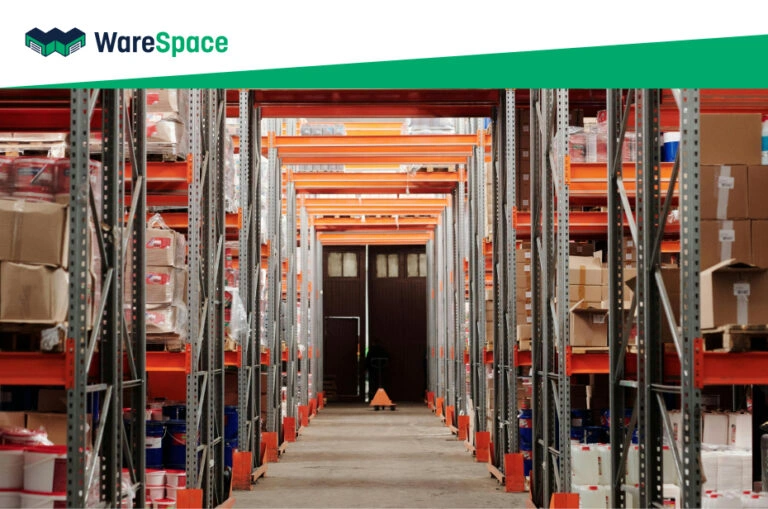

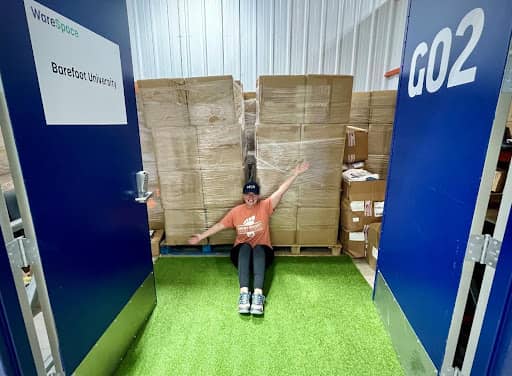

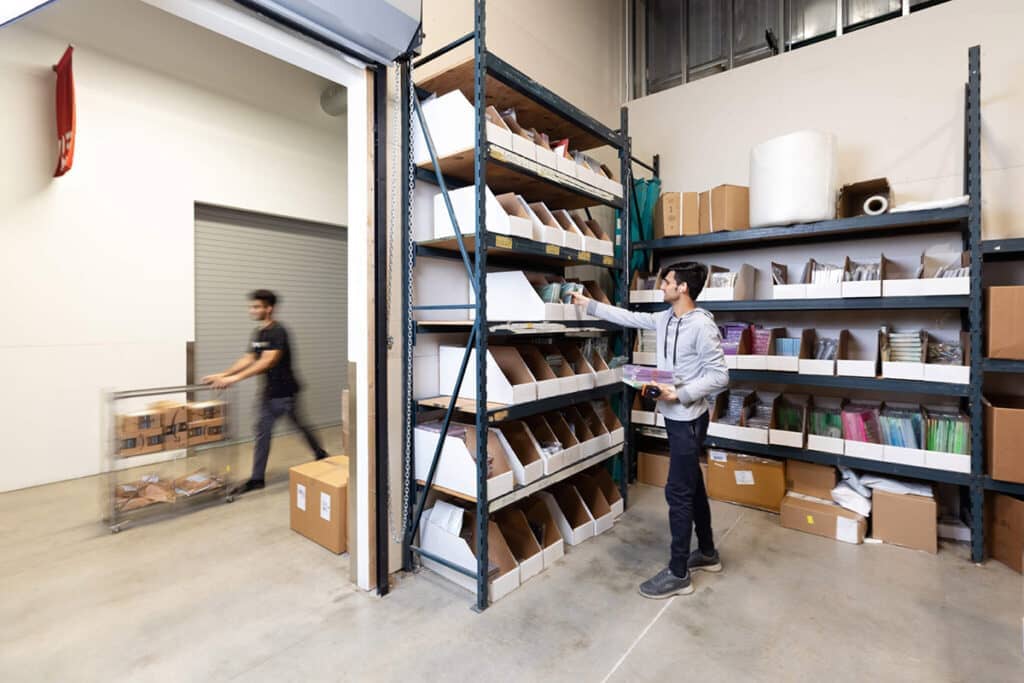
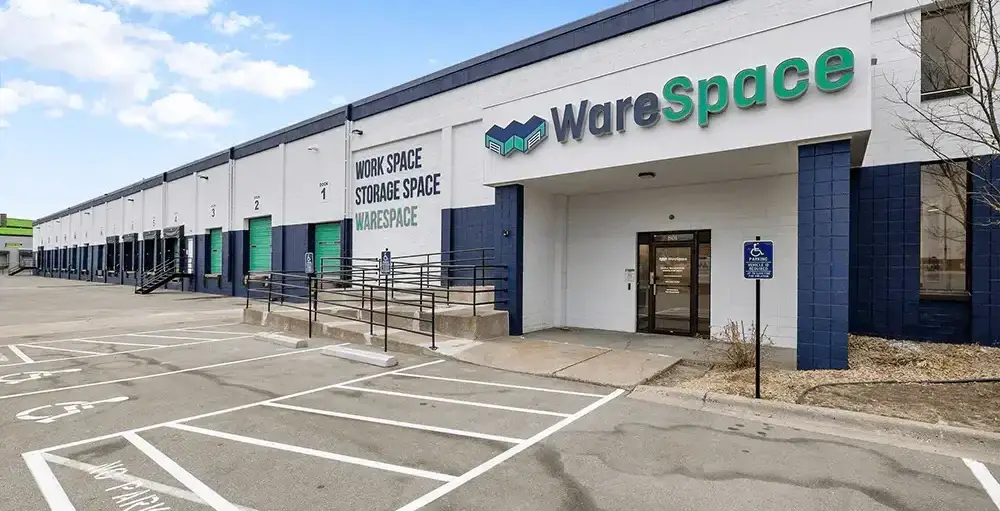
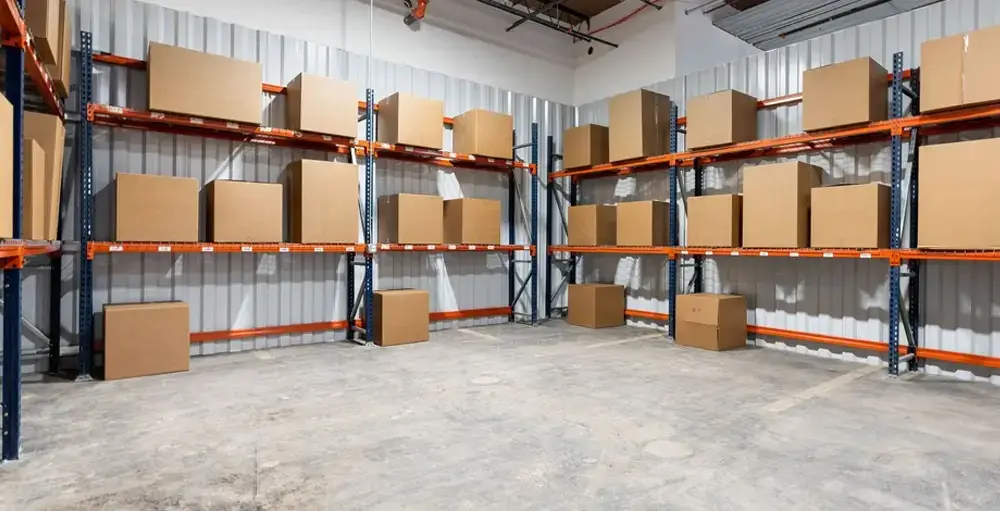
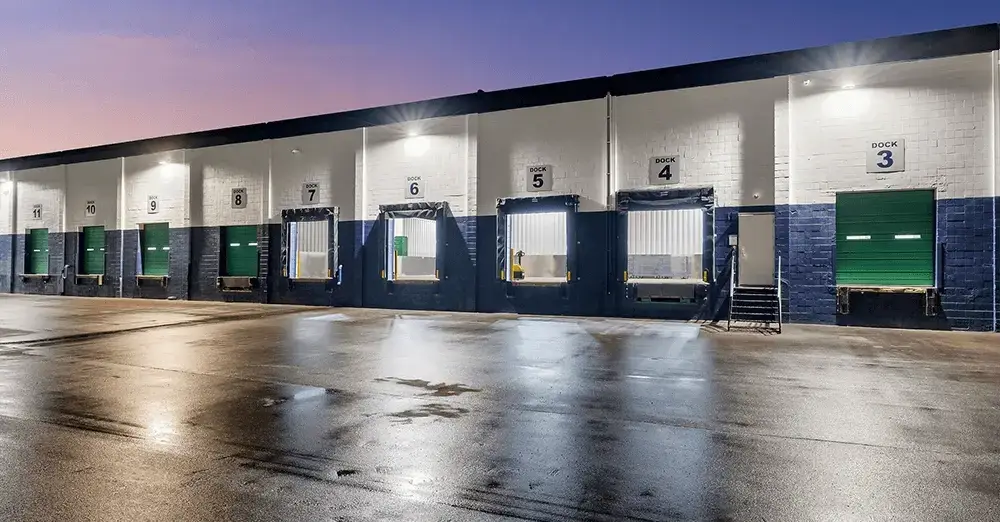
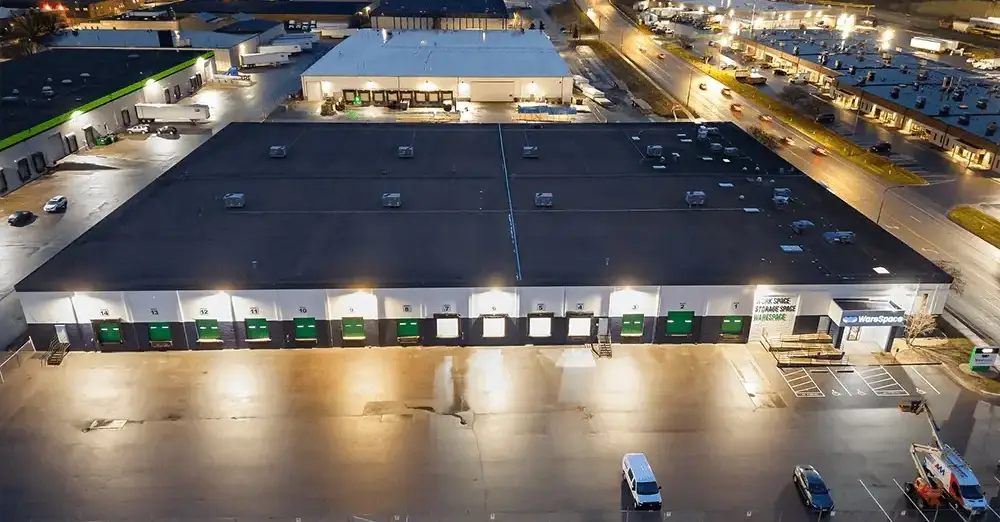











 ►
Explore 3D Space
►
Explore 3D Space